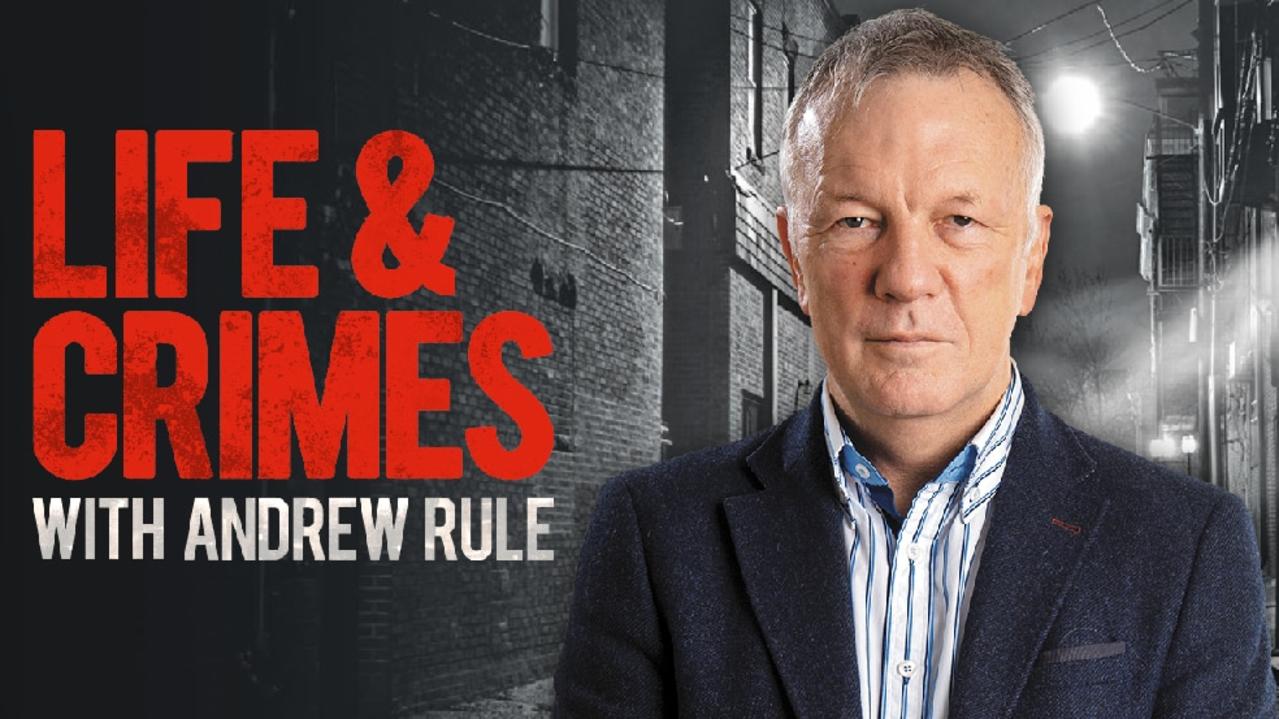Overdose deaths pass national road toll for first time
SPECIAL REPORT: A SURGE in accidental and prescription medicine overdoses has seen drug deaths overtake the road toll for the first time on record.

Law & Order
Don't miss out on the headlines from Law & Order. Followed categories will be added to My News.
A SURGE in accidental and prescription medicine overdoses has seen drug deaths overtake the national road toll for the first time on record.
Road accidents claimed 1323 lives nationally in 2011 while 1383 people died of drug overdoses, exclusive Australian Bureau of Statistics figures reveal.
Supermarkets banned from selling large packs of panadol
With more than three in four drug deaths deemed accidental, Anex CEO Mr John Ryan said the revelation that the crossover point between road deaths versus overdoses had been reached underlined the success in fighting the road toll and the need for greater efforts to tackle rising drug deaths.
"Road safety programs work with all Australians to drive the road toll down. We need to tackle overdoses with the same determination, because at this rate we may be heading the way of the US," the harm reduction group boss said.
The ABS data provided to Anex is the most up-to-date available and shows there were 419 drug deaths in Victoria in 2011, compared with 357 road deaths.
Since 1997, when reliable drug overdose data first became available, road deaths have fallen from 23.9 per cent of all deaths by unnatural causes to 14.5 per cent, slightly below the 15.2 per cent of deaths due to drug overdoses.
"Road toll success has come through concerted efforts involving multi-million-dollar public education campaigns over many years," Mr Ryan said. "Increasing overdose deaths are related to increased pharmaceutical drug misuse in particular."
Ahead of International Overdose Awareness Day on Saturday, Mr Ryan called for a nationwide campaign to raise public awareness of overdose risks and how to respond.
"Far too many people die or suffer brain damage because friends and loved ones did not recognise signs of overdose," he said.
Mr Ryan said a recent spike in deaths linked to the opioid painkiller fentanyl was an example of the dozens of medicines that are taking lives and a problem that could be tackled through the wider provision of naloxone (Narcan), which reverses the effects of heroin and synthetic opioids such as codeine, methadone, morphine and fentanyl.
He called for bipartisan federal political support for making naloxone more readily available across the country, particularly in regional and rural areas where overdose response times are longer than in cities.
Mr Ryan said recent cost-benefit analysis from schemes in the US and Russia showed that naloxone distribution programs were cost effective.
"An immediate step that could be taken is to roll out the COPE strategy - community overdose prevention and education - nationwide. People at risk, and their loved ones, can be trained in how to administer the lifesaver drug naloxone to reverse opioid overdose," Mr Ryan said.
"This bipartisan support at the Federal level should be a fait accompli, as two state Coalition and two state Labor governments were funding small-scale pilots."
In January, the Victorian Government backed wider access to naloxone, which at present is only available to medical professionals, as part of a five-year harm reduction strategy.


